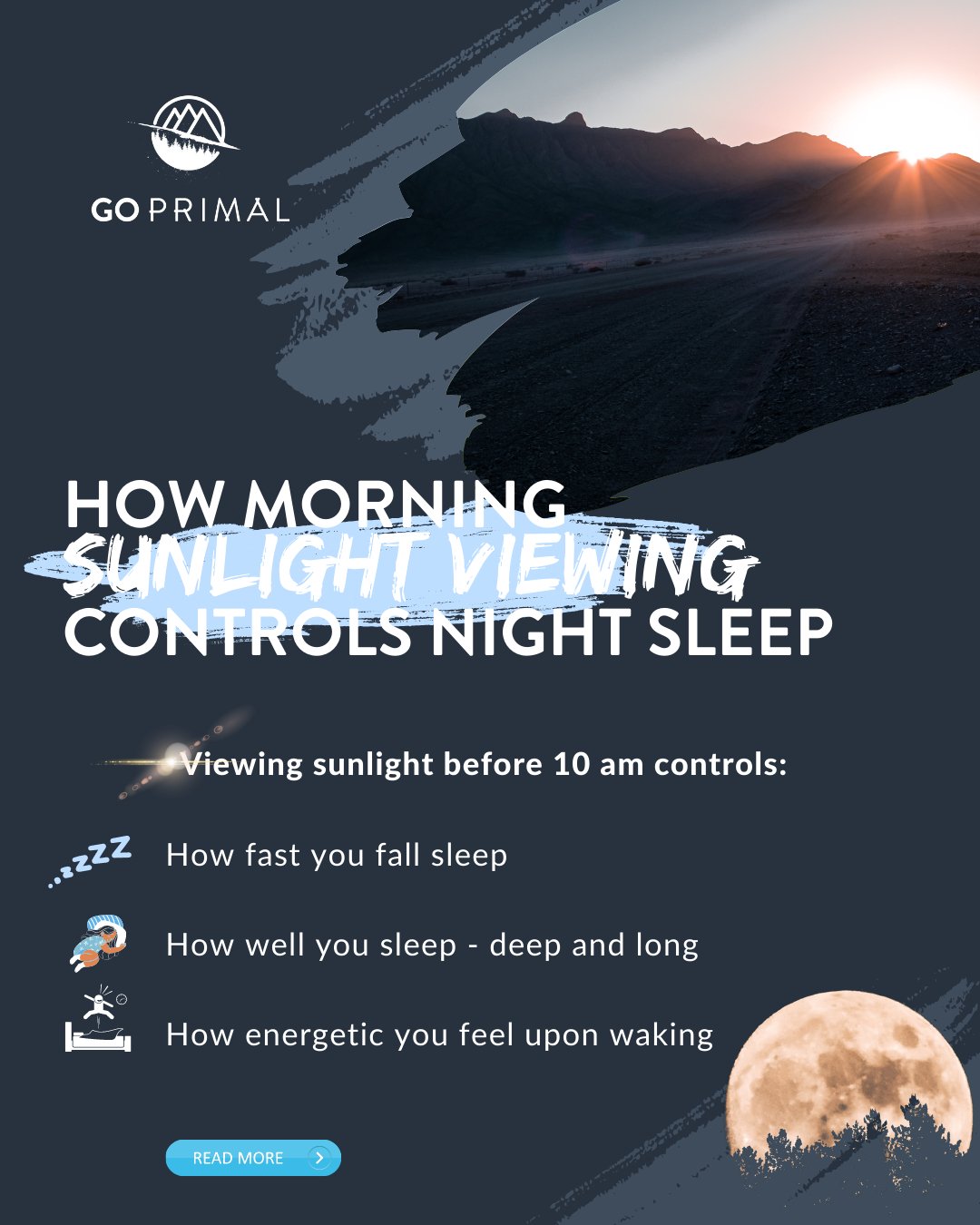
Eat more protein stay lean: What's the optimal quantity
The Importance of Protein Intake for Building Muscle and Staying Lean: A Review of Recent Research
When it comes to building muscle and staying lean, protein intake is a crucial factor to consider. Recent research has provided a better understanding of how much protein is needed to achieve these goals, and how different training regimes affect the recommended protein intake.
Studies have just started to look at how high protein diets compare to reduced protein diets in terms of energy expenditure, subsequent energy consumption, and weight reduction. a thorough analysis of randomized studies looking at the effects of high-protein diets on satiety, body weight, and fat loss. Compared to diets with a lower protein content, there is strong evidence that consuming more protein promotes thermogenesis and satiety. The majority of evidence also indicates that eating meals high in protein causes one to consume fewer calories afterward. Some research suggests that diets higher in protein cause greater weight loss and fat loss than diets lower in protein. In dietary practice, it may be beneficial to partially replace refined carbohydrate with protein sources that are low in saturated fat.
These findings suggest that the protein requirements for building muscle and staying lean vary depending on an individual's training frequency. For those who train strength 3 days a week, the recommended protein intake is 1.6-2.2 grams per kilogram of body weight per day. For those who train strength 5 days a week, the recommended protein intake is 1.8-3.4 grams per kilogram of body weight per day.
It is important to note that these recommendations are general guidelines, and individual needs may vary depending on factors such as age, sex, activity level, and overall health status. It is always best to consult with a healthcare professional or a registered dietitian for personalized recommendations.
What science says
Two studies, PMID: 24834017 PMCID: PMC4022420 and PMID: 26500462 PMCID: PMC4617900, have looked into the protein requirements for resistance-trained individuals. The first study, PMID: 24834017 PMCID: PMC4022420, found that consuming 1.6-2.2 grams of protein per kilogram of body weight per day is sufficient to promote muscle growth and repair, as well as preserve lean muscle mass during periods of calorie restriction. The second study, PMID: 26500462 PMCID: PMC4617900, found that consuming 1.8-2.7 grams of protein per kilogram of body weight per day is recommended for those who train strength 5 days a week in order to support the higher training frequency and workload.
After 8 weeks, the HP group didn't observe any changes in body weight, fat mass, or fat-free mass despite consuming around 800 additional calories per day from protein. That's fantastic, but you might be asking why they didn't put on any muscle. It is extremely difficult for trained participants to acquire lean body mass and body weight in general without significant changes to their training, Antonio argues, which may be the cause of the absence of body composition changes in our sample.
Bottom line
It's unlikely that protein will convert to body fat. Biochemically, it is simple to convert dietary fat to body fat, and it isn't all that tough to do the same with carbohydrates. However, converting protein to body fat presents a unique set of difficulties.
After 8 weeks, the HP group didn't observe any changes in body weight, fat mass, or fat-free mass despite consuming around 800 additional calories per day from protein. That's fantastic, but you might be asking why they didn't put on any muscle. It is extremely difficult for trained participants to acquire lean body mass and body weight in general without significant changes to their training, Antonio argues, which may be the cause of the absence of body composition changes in our sample.
In conclusion, recent research has provided valuable insights into the protein requirements for building muscle and staying lean. Consuming the right amount of protein, based on your training frequency, is essential for achieving these goals. So, it's important to pay attention to your protein intake and consult with a healthcare professional or a registered dietitian for personalized recommendations."


